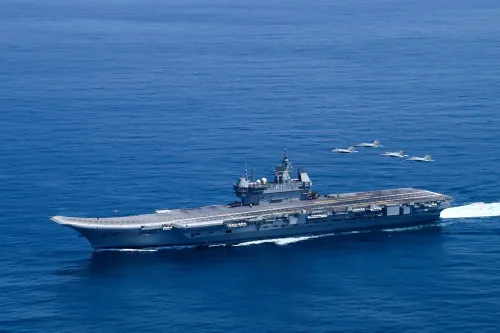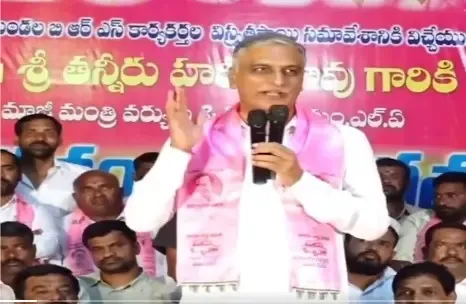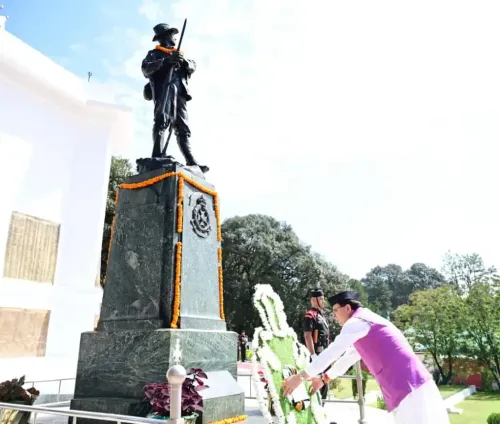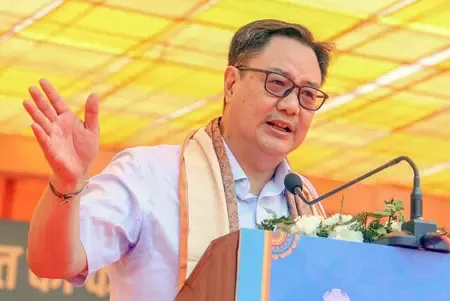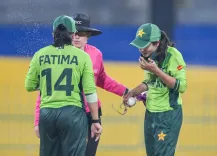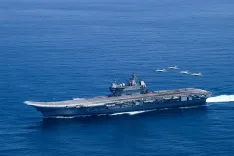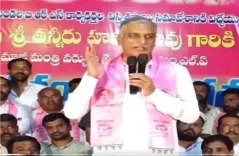Should PM Modi Intervene to Deport Illegal Migrants in Tripura?
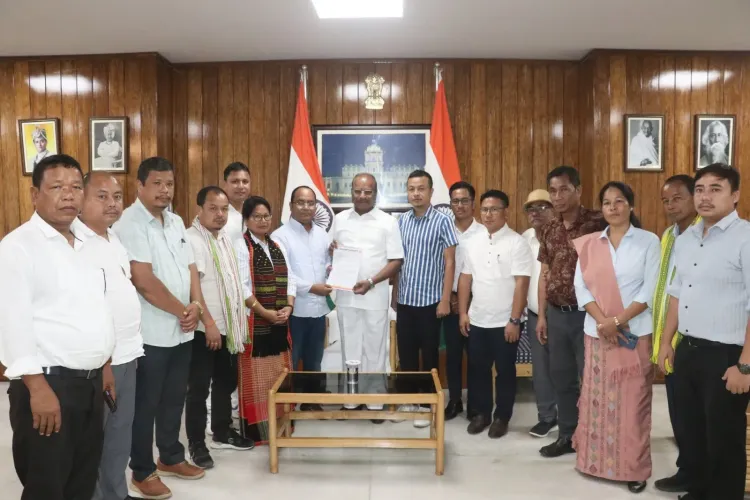
Synopsis
Key Takeaways
- The Tipra Motha Party is pushing for the deportation of illegal migrants.
- Prime Minister Modi's intervention is sought for identifying illegal immigrants.
- Concerns over demographic changes in Tripura are emphasized.
- The Ministry of Home Affairs is involved in addressing the issue.
- Historical agreements play a critical role in defining illegal settlements.
Agartala, June 15 (NationPress) The Tipra Motha Party (TMP), a tribal-focused political faction and an ally of the ruling BJP, has called for the intervention of Prime Minister Narendra Modi to identify and deport all illegal Bangladeshi immigrants residing in Tripura back to their home country.
The TMP, led by former royal heir Pradyot Bikram Manikya Debbarma, has frequently organized protests and rallies urging the government to take swift action against illegal migrants, particularly Bangladeshis and Rohingyas.
Senior TMP member Animesh Debbarma, who also serves as the state's Minister for Forest, Environment, Science, and Technology, mentioned that the Ministry of Home Affairs (MHA) recently instructed all states, particularly those bordering Bangladesh, to identify and deport illegal foreign nationals.
According to him, “According to the Indira-Mujib accord, anyone who entered India after March 24, 1971, is considered an illegal settler. There are numerous individuals in Tripura who arrived post this date and are unlawfully residing here,” he told IANS.
A 15-member TMP delegation, led by Debbarma, met with Tripura Governor Indra Sena Reddy Nallu on Saturday at the Raj Bhavan and submitted a memorandum urging the Prime Minister's prompt action to deport illegal infiltrators to Bangladesh and other nations. Debbarma suggested that the central government could deploy a task force to address the issue of infiltrators.
He expressed apprehension regarding the shifting demographic landscape in Tripura, asserting, “We cannot permit illegal infiltrators to remain in the state unlawfully.” Citing government figures, Debbarma noted that the state had accepted 609,000 individuals who migrated from Bangladesh for various reasons during the 1971 Bangladesh Liberation War. The Mobile Task Force (MTF) of Tripura Police should be more active in identifying and deporting illegal foreign nationals, he emphasized.
In the meantime, the MHA, in its directives issued on May 19, has advised all state governments and union territories to form Special Task Forces (STFs) in each district to identify and deport illegal Bangladeshi and Rohingya migrants within a 30-day timeframe. This directive was prompted by the April 22 Pahalgam terror attack that resulted in 26 fatalities, empowering state governments to conduct operations in collaboration with central agencies.

